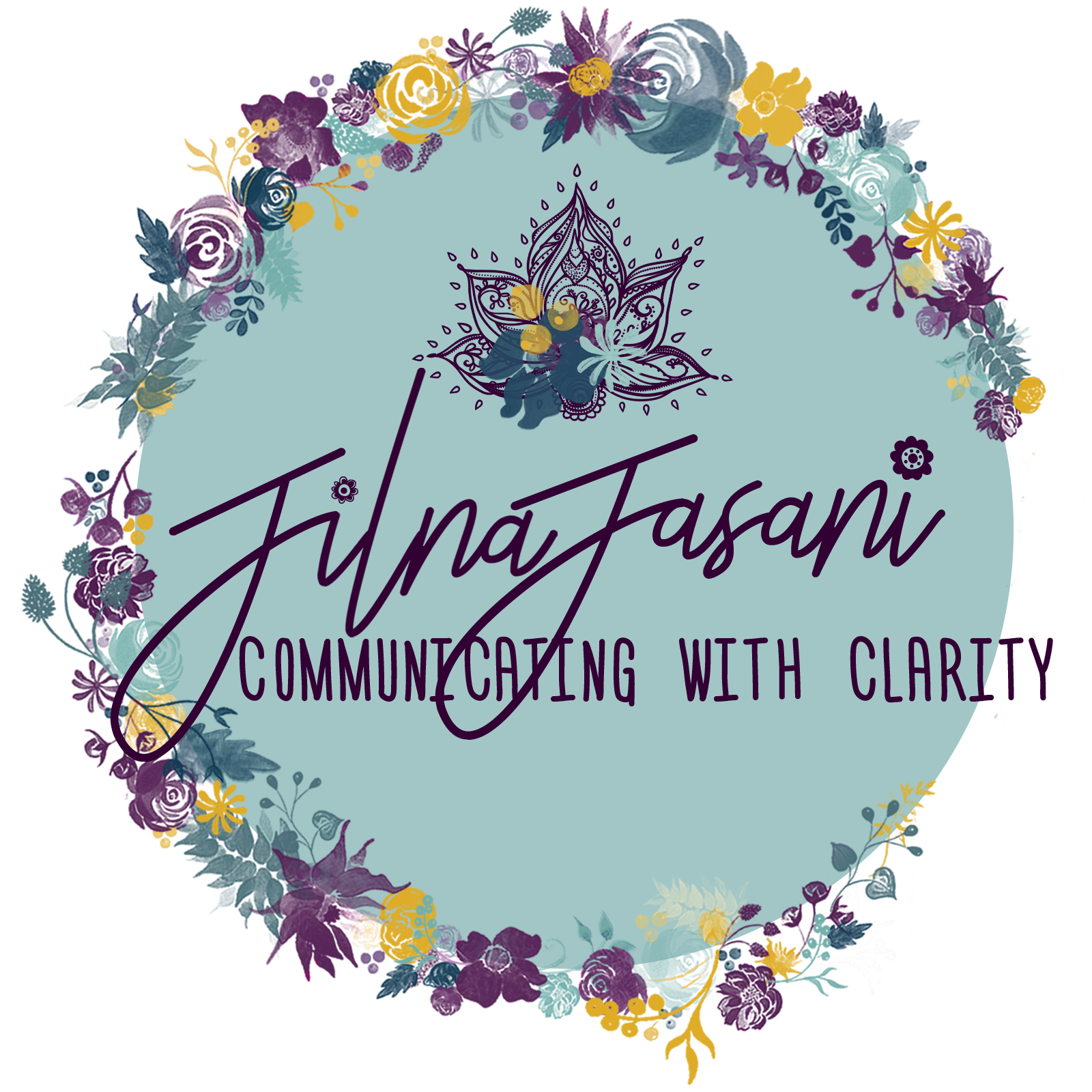
Curiosity of the Ego or “I”

The pain we feel with our children is often the ultimate level of pain.

It’s nature’s way of asking us to wake up, so that our children don’t nurture our worst habits. Nature knows a child’s well-being is at stake. That’s why conflict with our children feels so much more painful. Our children are here to mirror this pain, to ignite it in hopes that we’ll birth a new life for ourselves and them.
It is no surprise why we have the children we each individually do. They are here to awaken us. They’ve chosen us for a reason. They’ll mirror to us all the ways we are stuck in our egotistical thought patterns and belief systems.

Our children’s actions ignite emotions in us that have powerful messages. Our usual reactions are fueled by our ego minds.
The ego is the I that runs our lives:
- I am Indian.
- I am American.
- I am tall.
- I am short.
- I am smart.
- I am stupid.
- I am lonely.
- I am happy.
- I am disorganized.
- I am organized.
- I am loving.
- I am mean.
- I am younger.
- I am older.
The ego is only concerned with the survival of the I. It reacts by protecting us against the threats we perceive from our children.
Ironically, it also reminds us of how our parents or early caretakers reacted to us.
- Parent 1: “Stop it, or you’re going into time out.” I yell at my four-year-old for pushing my eleven-month-old, because I worry he will become bossy.
- Parent 2: “Why are you so forgetful?” I shame my seven-year-old for forgetting something for the tenth time, because I worry he lacks focus.
- Parent 3: “Share, or I’m taking it away.” I threaten my six-year-old for hoarding her toys, because I worry she will grow up to be selfish.
- Parent 4: “If you can’t play fair, then you can’t play at all.” I punish my eight-year-old for not playing fair, because I worry he will become a rebel.
- Parent 5: “Last time I took you, you screamed the whole time. So this time, you’re staying home.” I shame my three-year-old for having a meltdown, because I worry she will learn to be needy.
- Parent 6: “Lying is disrespectful. Speak the truth.” I discipline my five-year-old for lying about how much screen time he’s used, because I worry he will become a liar.
The instinct of the ego mind is to:
- Jump in
- Interrupt
- Tune out
- React
- Conclude
- Project
- Explain
- Request
- Command
- Argue
- Organize
- Blame
- Feel guilt
- Regret
Its job is to protect us against what we perceive as threats to our own existence and from the painful disconnection we experienced from our true selves. The ego doesn’t want to do bad things. It wants to protect us and help us survive. But it doesn’t know how to do it in a healthy way. So it helps us not feel the physical constriction, like a racing heart, brain fog, or stomachaches, it will teach us ways to control, fix, and manage our children.

The I is afraid to be challenged. The ego is the set of beliefs and ways of thinking we have nurtured and now identify with. And when these ways are threatened, our true self is threatened, so we defend these ways, even though they create disconnections.
This I or ego is who we identify with. We think it is who we are.
By attaching to our beliefs, we think we are teaching:
the four-year-old how to be kind—by punishing him with a timeout.
the seven-year-old to focus—by forcefully implying that he is forgetful.
the six-year-old to share—by shaming her into thinking she is selfish.
the eight-year-old to be a team player—by making him feel he deserves to be left out.
the three-year-old to communicate peacefully—by shutting her down for having strong emotions.
the five-year-old to tell the truth—by misunderstanding his desire for his interest.
The ego wants us to connect, feel love, and communicate with our children, but it doesn’t know how. And its nature is to do whatever it can to survive, because it thinks you can’t survive without it.
It has no idea that there is a true self beneath it, which is who we are.

Having this awareness is our opportunity to create safety and understanding for our ego minds, so we can connect and communicate with our children. We can have compassion for the ego and the reactions that arise from it. Our reactions and assumptions are the ways we learned to cope and survive in order to belong and connect to our parents and early caretakers. We can hold space for the ego and its reactions.
But instead we should enter curiosity through our natural minds. We can use this innate curiosity to determine:
how we’ve contributed to these behaviors.
where our children learned these behaviors from.
whom they learned these behaviors from.
when they learned these behaviors.
why these behaviors ignite our emotions.
what we believe about these behaviors.
This curiosity naturally gives rise to a deeper understanding about how our behaviors may have become our children’s egotistical behaviors:
what actions I took that might have made him feel like pushing the baby.
who I was being when she didn’t feel the need to remember.
what I might have done that made him feel the need to lie.
what this means about how I hoard my things.
when I play unfairly.
what I might be doing that is causing her to have a meltdown.
Our natural curiosity gives rise to feelings from the heart. These feelings look like:
Thoughtfulness
Pause
Calm
Compassion
Clarity
Acceptance
Boundaries out of respect for oneself and other
Responsibility
Accountability
Understanding

I’ve opened registrations for my live 3-month Group Coaching Intensive, The Foundations of Conscious Parenting.
It is tailored for moms of children between three to eight years old, who have a yearning to understand themselves, so that they can better understand their children.
Would you be interested in learning more about it?
If so, I’d love to have you.
Begin, by completing the Foundations Exploration Call form here.

